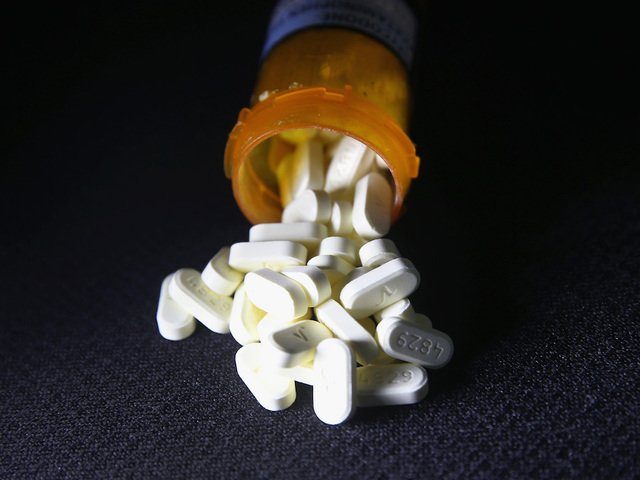Cleveland County District Judge Thad Balkman ruled Monday that Johnson & Johnson must pay the state of Oklahoma $572,102,028 for its role in exacerbating the opioid crisis in the state.
The civil case is the nation’s first that aims to hold the pharmaceutical industry responsible for the drug epidemic that, according to the Centers for Disease Control and Prevention (CDC), contributed to nearly 48,000 overdose deaths throughout the country in 2017.
Oklahoma had initially requested more than $17 billion from Johnson & Johnson and its subsidiary, Janssen Pharmaceuticals, over a period of 30 years to assist those with drug dependency and prevent future epidemics.
Nevertheless, Mike Hunter, the state’s attorney general, still referred to the judge’s ruling as “a great triumph,” reported the Washington Examiner.
“I do hope that today Judge Balkman’s decision will provide some solace to the thousands of families that have tragically lost a loved one to an opioid overdose,” Hunter said in a press conference. “Today should also inspire a sense of optimism for those suffering with opioid addiction because we’re committed to getting you the help you need to reclaim your life.”
Johnson & Johnson said it would appeal Balkman’s decision.
“Janssen did not cause the opioid crisis in Oklahoma, and neither the facts nor the law support this outcome,” said Michael Ullmann, executive vice president and general counsel of Johnson & Johnson. “The unprecedented award for the State’s ‘abatement plan’ has sweeping ramifications for many industries and bears no relation to the Company’s medicines or conduct.”
The state argued the company violated its public nuisance statute, the same argument that served as the basis in lawsuits against the tobacco industry in the 1990s and led to its leaders paying out over $246 billion over 25 years, the Examiner noted.
However, Johnson & Johnson argued its medications, which can serve a valid purpose, are not the equivalent of tobacco products.
Oklahoma countered that the pharmaceutical company manipulated physicians into over-prescribing the opioid drugs.
“The FDA label clearly set forth the risk of addiction, abuse and misuse that could lead to overdose and death,” argued Larry Ottaway, an attorney representing Johnson & Johnson. “Don’t tell me that doctors weren’t aware of the risks.”

COMMENTS
Please let us know if you're having issues with commenting.